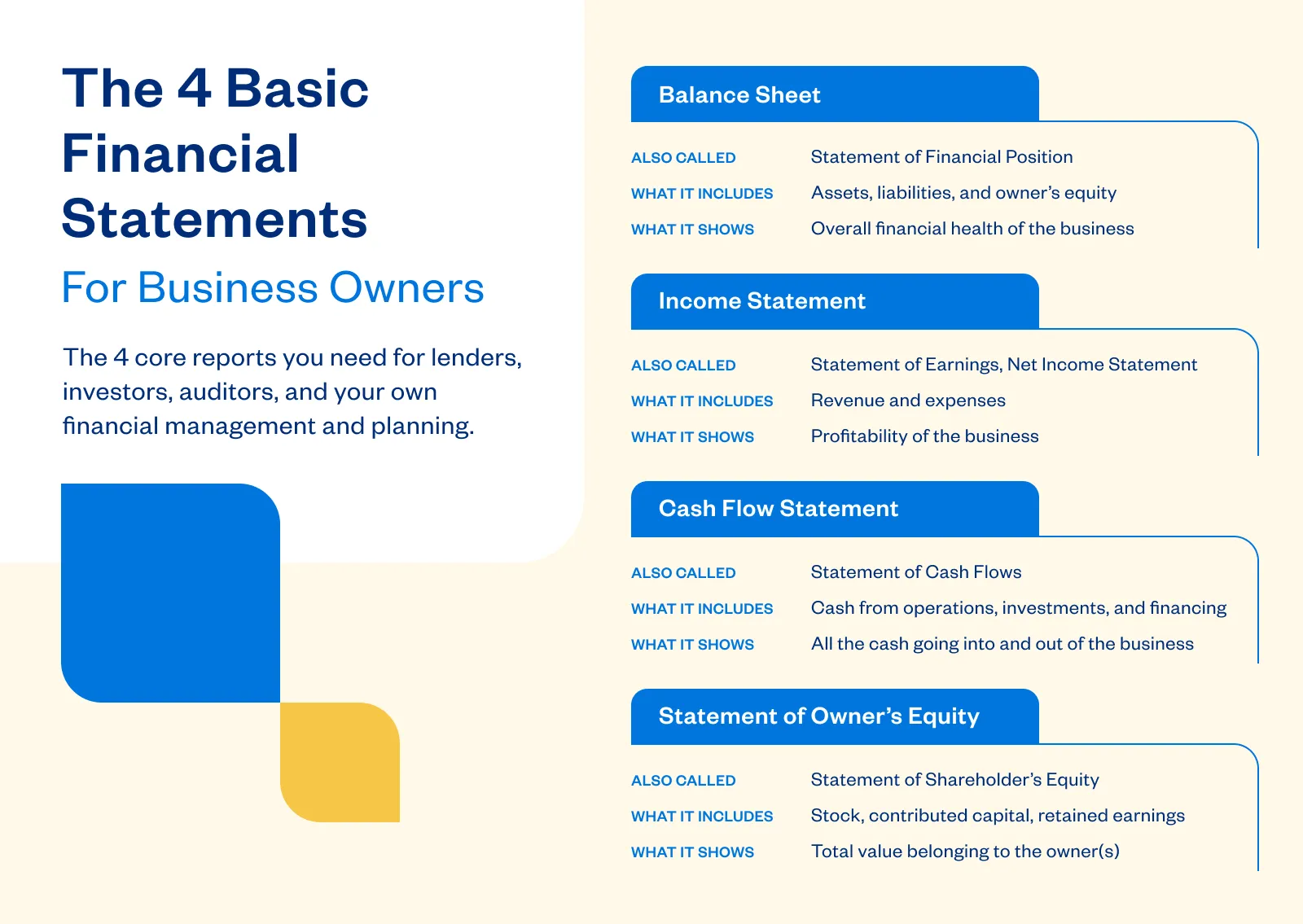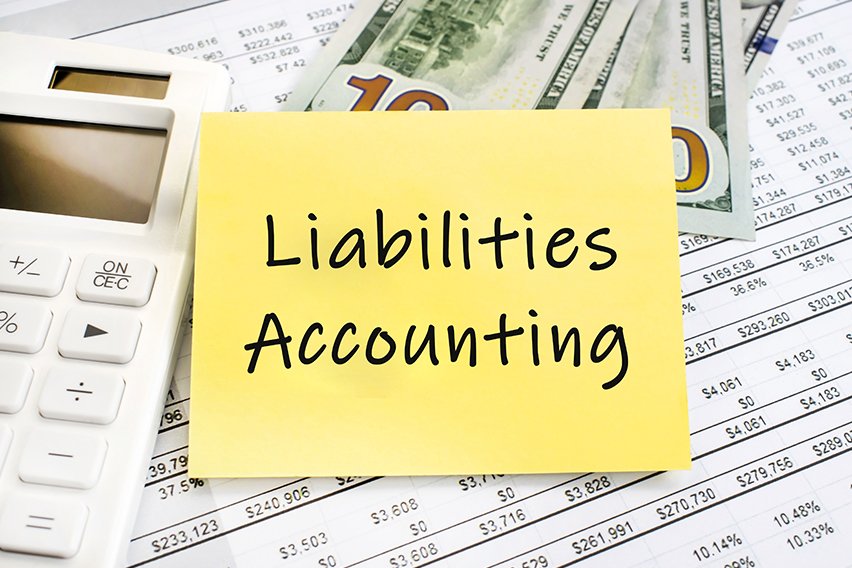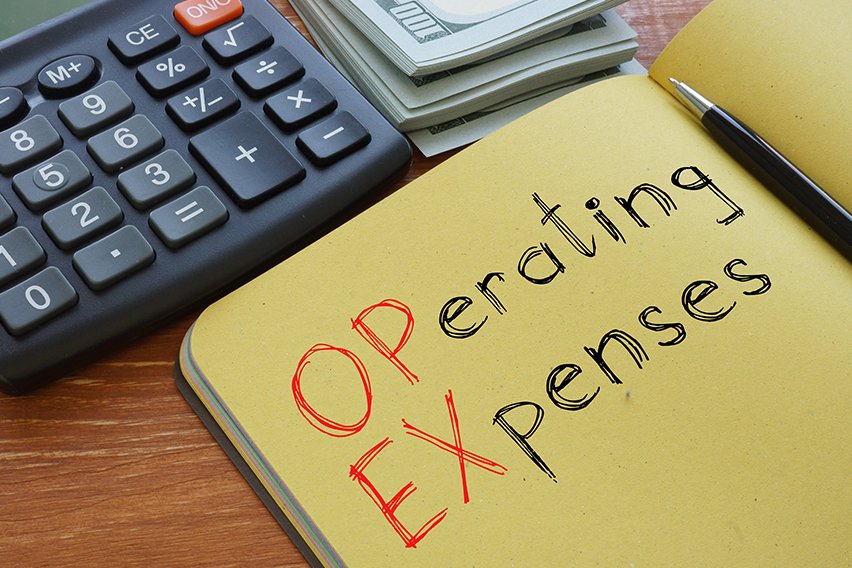Financial Accounting: Meaning, Principles, and Importance

Financial accounting is the process of recording, summarizing, and reporting a company’s business transactions through financial statements. These statements are: (1) the income statement, (2) the balance sheet, (3) the cash flow statement, and (4) the statement of retained earnings.
Here’s What We’ll Cover:
What Is the Difference Between Accounting and Financial Accounting?
What Are the 4 Basic Financial Statements?
Why Is Financial Accounting Important?

What Is the Difference Between Accounting and Financial Accounting?
“Accounting” encompasses all of a company’s financial transactions. A well-managed accounting department will have set policies and procedures for expenses, data management, and the generation of financial reports.
Financial accounting is concerned specifically with the generation of these reports, that they are based on accurate information and follow Generally Accepted Accounting Principles (otherwise known as GAAP).
What Are Generally Accepted Accounting Principles (GAAP)?
GAAP is a set of financial statement reporting rules set by the Financial Accounting Standards Board. It covers a wide array of topics, including accounting practices and how financial statements are presented.
All publicly traded companies are required to follow GAAP. Private companies may follow GAAP or prepare financial statements based on another comprehensive basis of accounting, such as tax-basis or cash-basis financial statements.
What Are the 4 Basic Financial Statements?
The 4 basic financial statements used in financial accounting are the income statement, balance sheet, cash flow statement, and statement of owner’s equity.

Income Statement
An income statement shows a company’s net income over a certain period of time. It is a company’s total revenue minus its total expenses.
You may also hear the income statement referred to as the profit and loss statement.
Balance Sheet
A balance sheet shows what a company owns (its assets) and owes (its liabilities) on a particular date, along with its owner’s equity or shareholders’ equity.
Assets can include:
- Cash
- Prepaid expenses
- Accounts receivable
- Notes receivable (money owed to the company within 1 year)
- Inventory
- Investments (including real estate)
- Buildings
- Machinery and equipment
- Vehicles
- Intangible assets (such as patents)
Liabilities can include:
- Accounts payable
- Loans payable
- Notes payable (money the company owes within 1 year)
- Unearned revenue (a product or service a client has paid for but the company has not yet provided)
- Deferred tax
- Current taxes
- Payroll (owed but not yet paid)
- Warranty obligations
- Mortgages
Owner’s equity or shareholder’s equity can include:
- Stocks (preferred and common stocks)
- Retained earnings (money to be invested back into the business)
- Comprehensive income (profit or loss in a company’s investments during a specific time period)
On a balance sheet, assets and the sum of liabilities and equity must balance each other out:

Cash Flow Statement
The cash flow statement, also known as the statement of cash flows, documents in detail all of a company’s cash inflows and outflows over a specific period of time. It is only concerned with cash. The statement doesn’t account for depreciation and amortization costs or expenses financed with debt (like an income statement would).
A cash flow statement reflects the short-term viability of a company by indicating whether the operation has enough working capital on hand to pay its employees and debts.
Statement of Owner’s Equity
The statement of owner’s equity shows the total value of the business held by its owner or owners for a reporting period. This includes income and owner contributions, minus any expenses or owner withdrawals.
While you can see total owner’s equity on your balance sheet, this more detailed report can indicate the cause of increases or decreases in owner’s equity.
For corporations, the report is called a statement of shareholders’ equity (or stockholders’ equity). And it would also document share capital from issuing stocks, as well as retained earnings, which shows the accumulated profits left over after paying dividends or distributions to stockholders.

Why Is Financial Accounting Important?
Financial accounting is important because:
It Is Required by Law
Statements such as the balance sheet, income statement and cash flow statement are legally required for registered companies. These statements are typically included in a company’s annual report.
You Need It for Financial Planning
By examining these statements, a company’s management can troubleshoot money issues and plan for the future.
External Parties May Request Financial Statements
A private company is not required to share its financial statements outside of the organization; only registered (public) companies are. Registered companies are businesses that issue shares.
Here are some individuals or organizations that may reference your financial statements:
- Investors – They will need to see the numbers in order to decide whether the business is attractive enough to invest in.
- Banks – If a company wants a loan, the bank may request certain financial statements. This will allow the company to show that they have the ability to pay the loan back on time.
- Auditors – If the company is subject to an IRS audit, then government auditors are going to start their analysis with these statements.
- Lawyers – If there’s a lawsuit or other legal action related to a company’s income or expenses, lawyers will need to be able to analyze this information.
- Suppliers – Suppliers may want to view a company’s financials before providing goods or services to ensure that they will be able to pay their invoices.
About the author
Janet Berry-Johnson, CPA, is a freelance writer with over a decade of experience working on both the tax and audit sides of an accounting firm. She’s passionate about helping people make sense of complicated tax and accounting topics. Her work has appeared in Business Insider, Forbes, and The New York Times, and on LendingTree, Credit Karma, and Discover, among others. You can learn more about her work at jberryjohnson.com.
RELATED ARTICLES


 What Is Amortization?
What Is Amortization? What Is Equity in Accounting: Everything You Need to Know
What Is Equity in Accounting: Everything You Need to Know What Are Liabilities in Accounting?
What Are Liabilities in Accounting? Is Depreciation an Operating Expense?
Is Depreciation an Operating Expense? What Is a Statement Of Account: Definition, And Sample Formats
What Is a Statement Of Account: Definition, And Sample Formats Debit vs Credit: What’s the Difference?
Debit vs Credit: What’s the Difference?